Selling heavy equipment isn't as simple as making a quick sale. It's about cultivating trust and relationships over a long buying cycle, something that's increasingly happening online.
The problem? Many heavy equipment companies are still relying on traditional marketing methods like print ads or word-of-mouth, hoping they’ll catch the right lead. But with today’s buyers already doing their research online before even reaching out, this approach just doesn’t cut it anymore.

The real issue is attracting the right leads, those who are actively searching for the equipment you sell and value the specific features you offer.
This guide is here to help you move beyond outdated tactics and implement digital marketing strategies that target your ideal audience, streamline your sales cycle, and drive meaningful results.
Why Your Marketing Needs to Evolve In Today’s Time?
The heavy equipment industry, much like other sectors, has been heavily influenced by digital transformation in recent years. Traditional marketing methods, such as print ads and cold calls, are rapidly losing their effectiveness.
Buyers in the heavy equipment space now look online first for information, reviews, and purchasing options.

Why is Digital Marketing Important?
Digital Marketing today is more of a necessity and less of a preference. As competition intensifies and customer behaviors change, heavy equipment companies must adapt to stay relevant.
Shifting from outdated marketing tactics to digital solutions is crucial for survival.
Digital marketing enables you to reach your audience where they already are, online, and armed with information that will guide their purchasing decisions.
Who’s Really Buying Your Equipment? Know Your Audience
Understanding your audience is the first step to crafting a marketing strategy that resonates. In the heavy equipment market, key decision-makers like contractors, fleet managers, and project planners are the ones pulling the trigger on purchasing decisions.
But what makes them tick?
- Target Audience: Contractors are interested in machinery that offers reliability and durability. Fleet managers focus on ROI and maintenance costs, while project planners are typically driven by equipment availability and how well it meets project specifications.
By knowing these motivations, you can tailor your messaging and ensure you're speaking directly to their needs.
- Long Sales Cycle: Heavy equipment sales don’t happen overnight. The buying cycle is long and often involves multiple stakeholders. Relationships and trust are paramount. Nurturing these leads over time is essential. Buyers are conducting research online, gathering as much information as possible before making their decision.
Digital marketing can help you stay visible and provide the information your prospects need to make informed decisions when the time is right.
- The Digital Advantage: The key difference in today’s world is the role of the internet in the buying process. Your customers are already online, searching for solutions to their equipment needs.
If your company isn’t visible in those searches, you’re missing a critical opportunity to connect with high-quality leads.
Make Your Website a Lead-Generating Powerhouse
Your website is the cornerstone of your digital marketing strategy. It’s where leads are generated, relationships are built, and deals are closed. But to turn casual visitors into customers, your website needs to be more than just a digital brochure.
Key Features Your Site Must Have:
- Simple Navigation: Make it easy for visitors to find key information like product specs, demo requests, and contact details with a clear and straightforward layout.
- Product Pages That Build Trust: These should do more than show off your equipment. Each product page should include detailed specifications, high-quality images, videos, and customer reviews to create a sense of reliability and trust.
- Lead Capture Forms: Ensure your website has forms throughout, allowing visitors to request quotes, schedule demos, or ask for more information. These are crucial for converting visitors into qualified leads.

Make Sure They Find You When They Need Equipment (Your Tool for This: SEO)
SEO (Search Engine Optimization) is critical for heavy equipment companies. If your potential customers are searching for equipment online, your website needs to show up at the top of search results. Local SEO is especially important for equipment dealers, as many customers are searching for solutions nearby.
- Local SEO Wins: Make sure you're optimizing for geo-targeted keywords. For example, instead of just “excavators,” target keywords like “excavator rental [city name]” or “used bulldozers near me.” This helps you stand out in local search results and attract more relevant leads
- Optimizing Product Pages: Each of your product pages must be optimized with the right keywords. For instance, targeting terms like “buy used bulldozer near me” ensures your pages rank for the search queries that matter most to your potential buyers.
![Use high-intent long-tail keywords like “excavator rental in [city]” to target ready-to-buy customers.](https://cdn.prod.website-files.com/6614dca1d3aa7b076d6f3004/68e353c5cf99e31547a17466_ac0b244f.webp)
Paid Ads: Get Immediate Results When You Need Them
While SEO helps you build long-term traffic, paid ads (PPC) provide immediate results. With PPC, you can target specific, high-intent search terms that can lead to quick conversions.
For heavy equipment companies, terms like “buy excavators” or “heavy equipment rental near me” can drive highly relevant traffic to your website right away.
- PPC to Jumpstart Your Leads: Paid ads allow you to target customers who are actively searching for what you offer.
For example, if someone is searching for “excavator rental in [city],” you can target that exact phrase with a paid ad, ensuring you’re visible at the moment they’re looking for solutions.
- Smart Ad Targeting: It’s not just about using Google Ads. Platforms like LinkedIn and Facebook are excellent for targeting decision-makers like fleet managers and project planners.
Remarketing ads can help bring back visitors who didn’t convert on their first visit, keeping your brand top of mind.

Social Media: Building Relationships, One Post at a Time
Social media isn’t just for consumer brands. For heavy equipment companies, it’s a valuable tool to engage with your audience, share behind-the-scenes insights, and showcase your products in action.
Focus on the Right Platforms:
- LinkedIn: The go-to platform for B2B networking.
- Instagram: Perfect for sharing high-quality images of your equipment.
- YouTube: A great space for product demos and how-to videos.
Content Strategy:
- Share Behind-the-Scenes Content: Give your followers a peek behind the curtain to humanize your brand.
- Customer Success Stories: Showcase how your equipment is helping your customers solve problems
- Collaborate with Industry Influencers: Partnering with influencers can help you extend your reach to a larger audience.

Content Marketing: Educate, Engage, and Convert
Content marketing is about providing value that solves real problems for your audience.
For heavy equipment companies, content like blogs, case studies, videos, and how-to guides establishes credibility and positions your company as an industry expert.
Examples of Effective Content:
- Blog Posts: Answer questions like “How to choose the right excavator for your site.”
- Case Studies: Show measurable results, e.g., how your machinery improved project efficiency.
- Videos: Product demos or operational tips that showcase equipment in action.
- How-To Guides: Step-by-step advice for proper equipment use or maintenance.
Real-World Impact
- Highlight tangible results from your equipment.
- Share customer success stories with measurable outcomes: cost savings, time reduction, or increased productivity.

Email Marketing: Stay Top of Mind and Build Relationships
Use website forms, gated content, and social media to capture leads. The goal is to build a high-quality, segmented list to nurture prospects effectively.
Types of Emails That Work:
- Lead Nurturing: Share product updates, industry news, or relevant offers.
- Follow-Up Emails: Send after demos, quotes, or consultations to maintain engagement.
- Re-engagement Emails: Target past leads or inactive customers with new offers or insights.

SEO vs. PPC: Finding the Perfect Balance for Your Equipment Business
Balancing SEO and PPC is crucial for heavy equipment companies to reach the right buyers at the right time. Combining both strategies ensures you capture immediate leads while building lasting online visibility.
- SEO: Long-term strategy for organic visibility, building trust and credibility.
- PPC: Short-term strategy for instant visibility and targeted lead capture.
When to Use Each:
- PPC: Launching new products or entering competitive markets.
- SEO: Long-term growth, organic traffic, and reduced dependency on paid ads.

Measuring Success: Track What Actually Matters
Tracking the right metrics is essential for understanding the effectiveness of your marketing efforts. Focus on key performance indicators (KPIs) that drive results and optimize your strategy.
Metrics to Monitor:
- Website Traffic: Track both organic and paid traffic sources.
- Conversion Rates: Measure form submissions, demo requests, or quote inquiries.
- Social Media Engagement: Likes, shares, and comments indicate content resonance.
- Lead Nurturing Success: Monitor how leads progress through email campaigns and sales funnels.
Tools You Can Use:
- Google Analytics
- HubSpot
- LinkedIn Analytics

Stay Ahead in the Digital Marketing Race for Heavy Equipment Companies
The heavy equipment market is highly competitive, and relying on scattered tactics isn't enough. Success comes from a strategic, integrated approach that combines SEO, PPC, content marketing, and social media to connect with the right buyers at the right time.
The real challenge is about consistently attracting qualified leads while demonstrating trust and credibility in every interaction.
FAQs
Q1. How can digital marketing help my heavy equipment business grow?
A1. Digital marketing enables you to reach a broader audience, build brand awareness, and generate qualified leads. By leveraging SEO, PPC, content marketing, and social media, you can attract potential customers actively searching for equipment and services online.
Q2. What are the key components of a successful website for heavy equipment companies?
A2. A well-structured website should include:
- Detailed product listings with specifications and high-quality images.
- Clear navigation and responsive design for mobile users.
- Easy-to-find contact information and lead capture forms.
- Content that builds trust and demonstrates expertise.
These elements help convert visitors into leads and customers.
Q3. How important is SEO for my heavy equipment business?
A3. SEO is crucial for improving your website's visibility in search engine results. By optimizing your site with relevant keywords, local SEO strategies, and quality content, you can attract more organic traffic and potential customers.
Q4. Should I invest in paid advertising for my equipment business?
A4. Yes, PPC campaigns can provide immediate visibility and drive targeted traffic to your website. By focusing on high-intent keywords and platforms like Google Ads and LinkedIn, you can reach decision-makers and generate quality leads.
Q5. How can social media benefit my heavy equipment company?
A5. Social media platforms like LinkedIn, Facebook, and Instagram allow you to showcase your equipment, share customer success stories, and engage with your audience. Consistent posting and interaction can build brand loyalty and attract new customers.
Q6. What role does content marketing play in my digital strategy?
A6. Content marketing helps establish your authority in the industry by providing valuable information to your audience. Blog posts, case studies, videos, and how-to guides can answer customer questions, showcase your expertise, and improve SEO.
Q7. How can I measure the success of my digital marketing efforts?
A7. Track key performance indicators (KPIs) such as website traffic, conversion rates, lead quality, and return on investment (ROI). Utilize tools like Google Analytics, HubSpot, and LinkedIn Analytics to monitor and adjust your campaigns for optimal performance.

















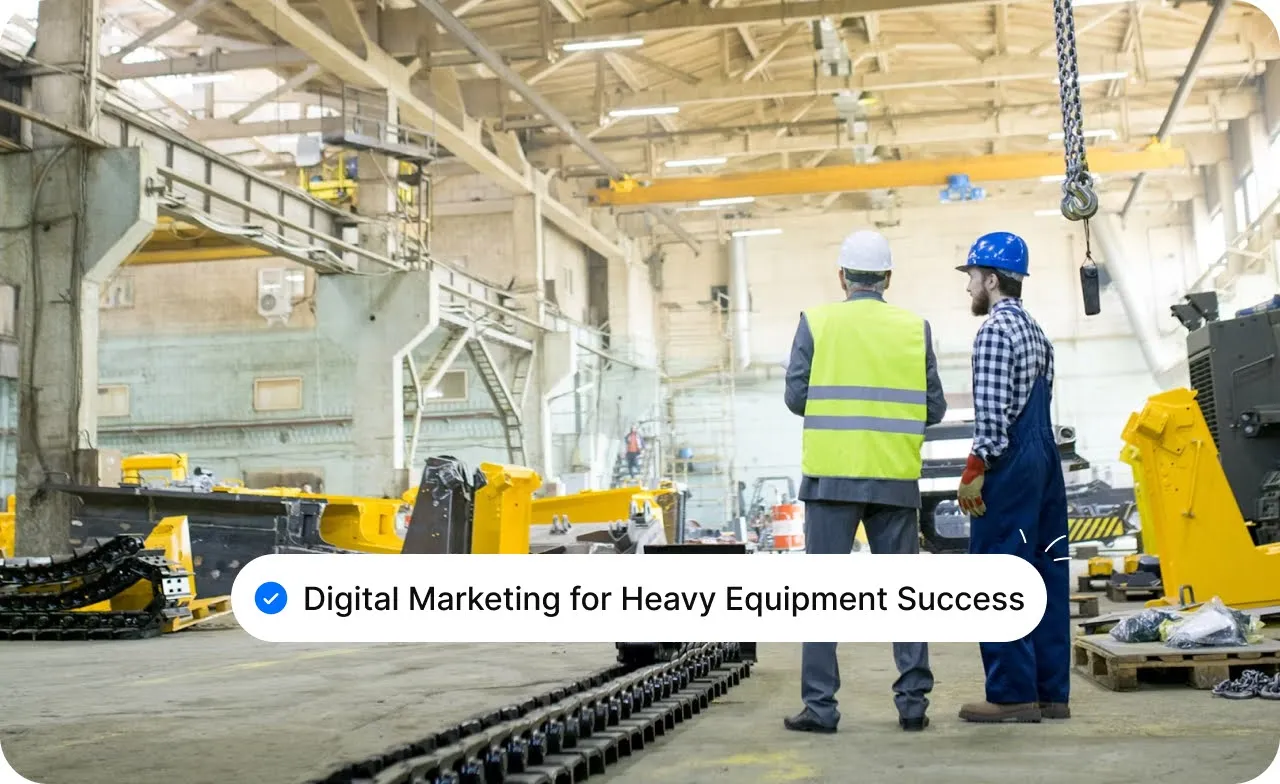



.webp)
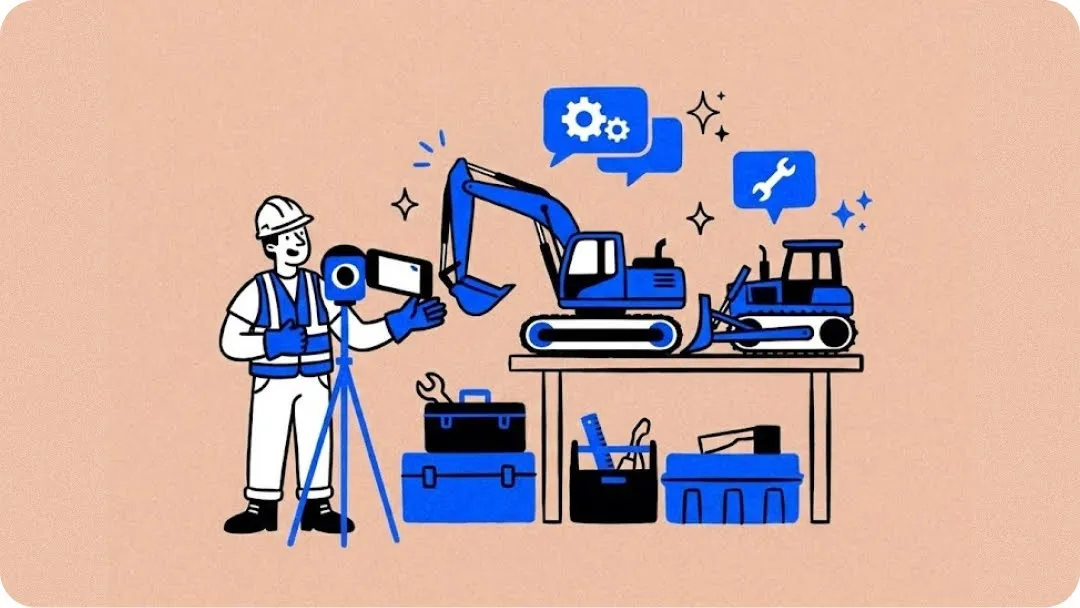
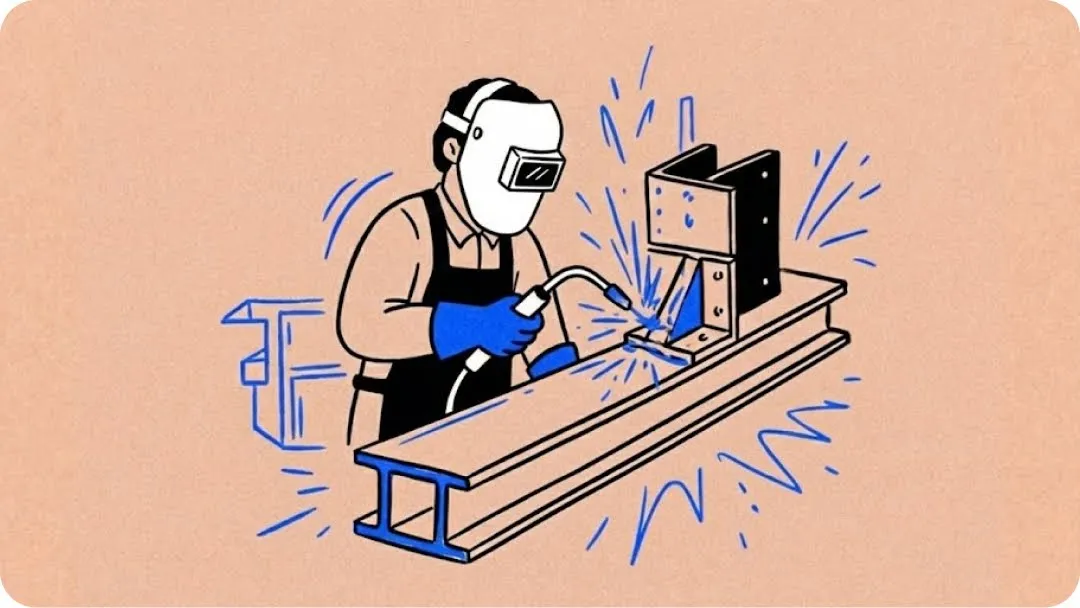
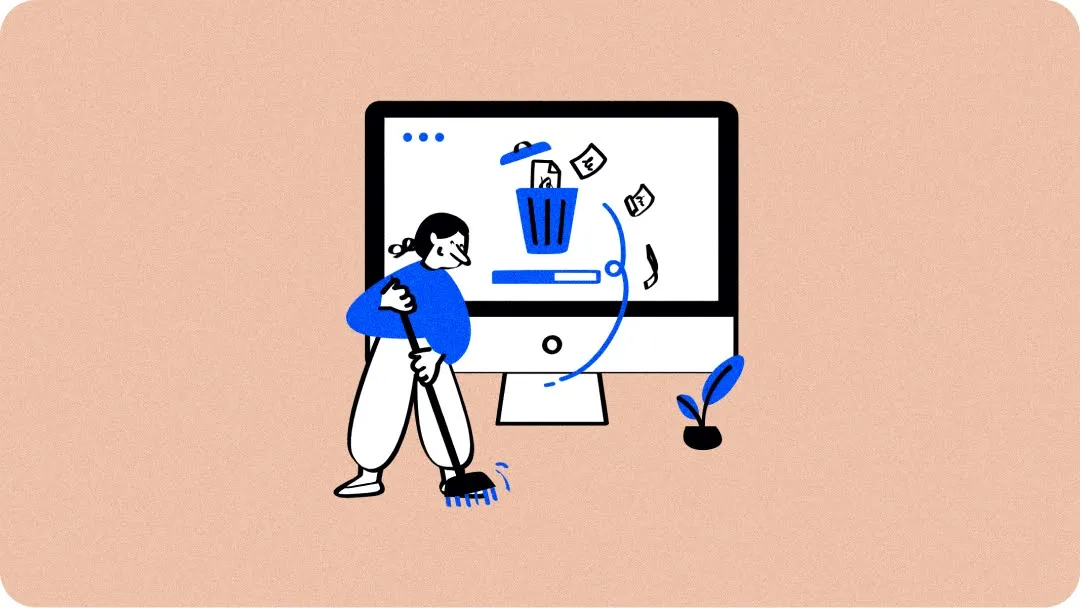
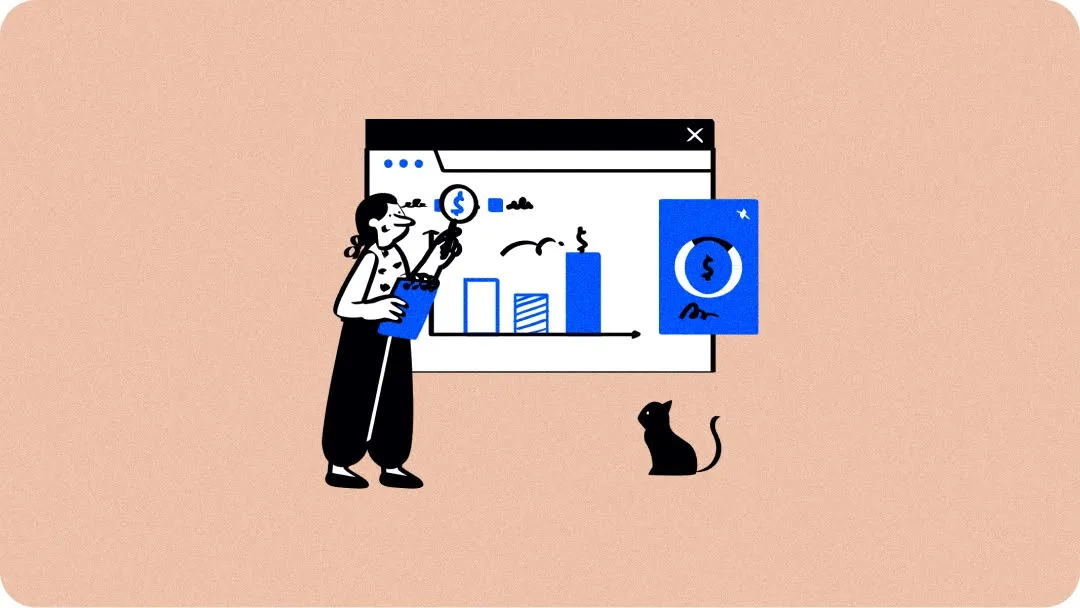




.webp)
.svg)


.svg)
.svg)
.svg)



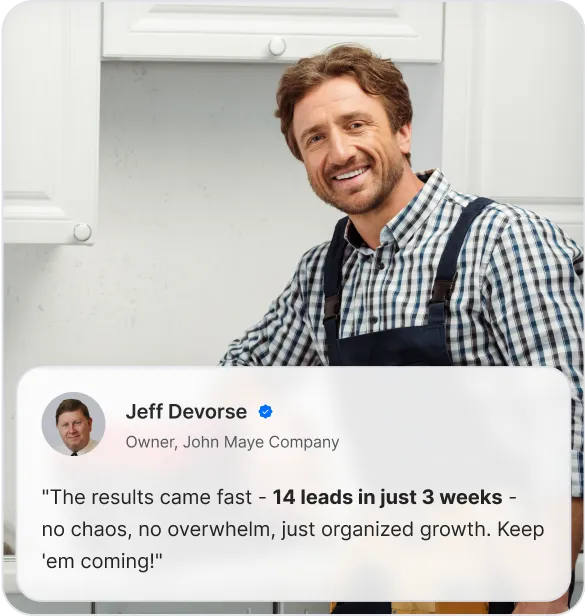
.svg)


